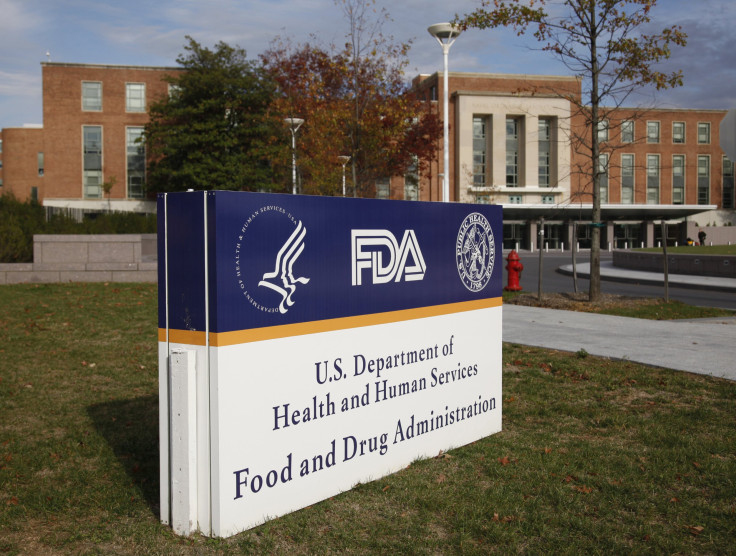FDA approves J&J's multiple myeloma drug Darzalex, world's first approved human anti-CD38 monoclonal antibody

The U.S. Food and Drug Administration (FDA) has given its accelerated approval for Darzalex, also known as daratumumab, for the treatment of people with multiple myeloma who have already received three prior lines of therapy or treatments. The announcement about the approval was made on Monday by Janssen Biotech, Inc., a Janssen Pharmaceutical Company of Johnson & Johnson.
According to the FDA, Darzalex is the first anti-CD38 monoclonal antibody approved anywhere in the world for treating multiple myeloma. CD38 is a type of a surface protein, which is expressed by a majority of multiple myeloma cells.
Johnson & Johnson states that the drug induces tumour cell death through multiple immune-mediated mechanisms of action. In addition, it also results in a process called apoptosis, wherein a series of molecular steps within a cell leads to its death.
“With Darzalex, we have a promising new immunotherapy, which has shown pronounced efficacy as a single agent with an acceptable adverse event profile. This is especially important for treating these heavily pre-treated patients in whom all of the major classes of currently available medicines have failed,” said Darzalex clinical trial investigator Paul G. Richardson, in a press statement.
In the first study, 106 patients were treated with Darzalex. Nearly 29 per cent of patients experienced a complete or partial reduction in their tumour burden. In the second study involving 42 patients, 36 per sccent showed similar results. The FDA states fatigue, nausea, cough, fever and back pain as some of the side effects associated with the drug.
Darzalex has been approved under the FDA's accelerated approval program. Under this program, a drug for treatment of serious or life-threatening disease is approved by the regulatory body based on its initial or preliminary clinical data. The data must signify that the drug is likely to show clinical benefits to the patients.
Contact the writer at feedback@ibtimes.com.au, or let us know what you think below.






